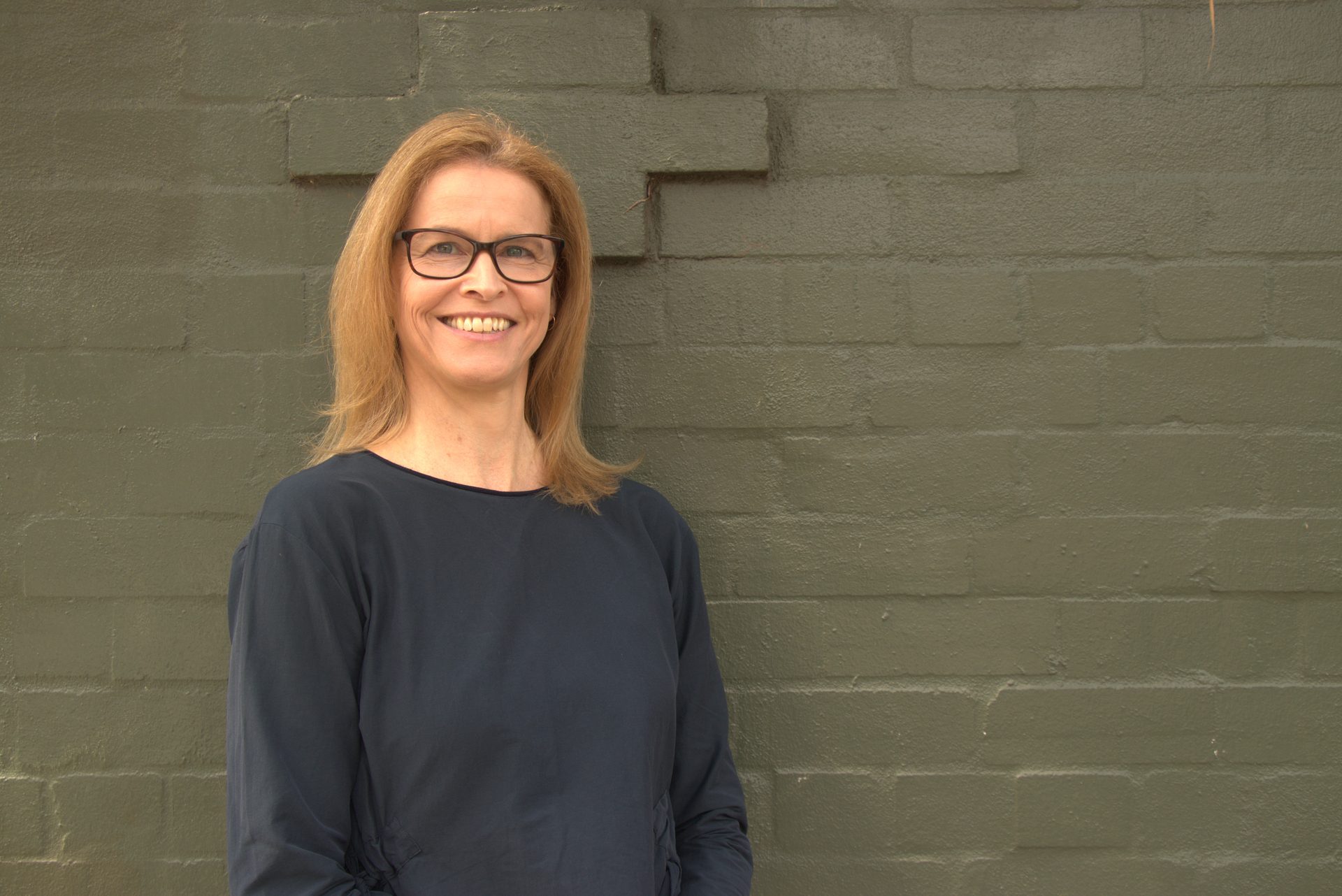
Meet Professor Simone Pettigrew, Program Head, Food Policy
Professor Simone Pettigrew is the Program Head of Food Policy at The George Institute for Global Health.
Tell us a little bit about yourself. What were your motivations for getting into research and food policy space/how did you start out?
My background is in consumer psychology - how and why do people make the decisions they do, and what are the implications for their well-being? People make decisions about food many times each day, and all those little incremental decisions have a big impact on their health. My work examines the individual, social, and environmental factors that influence what we eat, with a particular focus on healthy food availability and unhealthy food marketing as determinants of people’s diets. Given that two-thirds of Australians are overweight or obese, these are very big issues that require much greater research attention to inform effective food policies.
What does your research aim to find and change about how we currently talk about food and nutrition?
The current emphasis is on ‘personal responsibility’, which requires individuals to somehow overcome the highly obesogenic environments in which they work and live. The assumption tends to be that the majority of the population is just somehow making bad food choices. Our research highlights the important role of factors that are often beyond individuals’ control and emphasises the need to create healthy food environments that encourage and facilitate healthy diets. Imagine a world where food marketers have to clearly disclose the healthiness of their products and healthy options are affordable, attractive, and available everywhere. In this world, many fewer people would suffer from heart disease, stroke, diabetes, and cancer.
What attracted you to join The George Institute and why do you believe your research is important?
The George Institute is world-renowned for its role in advancing food policy research, and it is very exciting and rewarding to work with such a motivated and productive team. My research contributes to the very large body of work being conducted by George Institute researchers across the areas of food labelling, food advertising, and healthy food environments.
What other hats do you wear/ roles do you do?
As well as researching food-related issues, I have large programs of work in the areas of alcohol consumption, smoking, physical activity, and mental health. All of these research areas have similarities in that (1) prevention is very important to reduce individual- and societal-level impacts and (2) there is a tendency to expect individuals to make healthy decisions in environments that encourage the opposite behaviours. These topics also tend to coalesce, such that people with unhealthy behaviours in one domain tend to also enact unhealthy behaviours in another. It is important to create environments that are conducive to healthy behaviours across the spectrum to optimise outcomes for everyone.
Can you tell us a little bit about what a typical day looks like for you as the Head of Food Policy?
A typical day starts with a session on the running machine while multi-tasking by processing emails and preparing for the day’s meetings. This creates the space to meet with colleagues throughout the day (both face-to-face and via teleconference with our interstate and international collaborators) and to work on research reports, publications, and project proposals. No two days are the same, and it is very stimulating to be in regular contact with colleagues across NGOs, government departments, and research institutions.
What do you believe is the biggest challenge we have to overcome as a society in Australia regarding our food policy and nutrition and how do you think we can this?
Australia, like other countries, experiences tensions between concerns about the health of the population and the planet and the desire for strong economic growth. Shifting to a society where the population consumes a primarily plant-based diet constitutes an enormous but necessary change to improve personal and planetary health. Our challenge is to facilitate this process through the provision of evidence-based strategies relating to food availability and food marketing. The George is at the forefront of work in this space.



